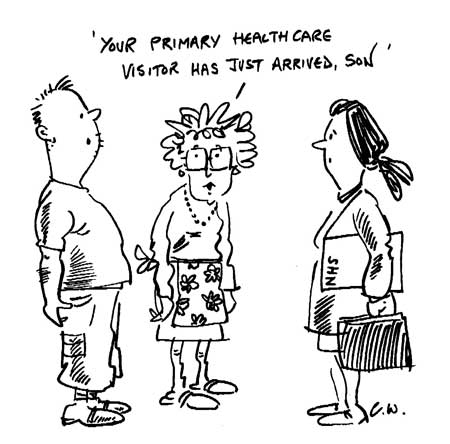|
|
Compulsory MMR jab – a human rights issue? |
A rash of media coverage hit the headlines in the UK at the beginning of July with calls from Sir Sandy Macara, a former chairman of the British Medical Association, for the MMR vaccination to be made compulsory for children going to school. His call was echoed by some health ministers who claim that measles is set to reach epidemic levels again given the loss of faith in the MMR vaccine from fears over links to autism – fears that, they say, are now discredited.
At present, only 80% of children have had both the MMR immunisations needed to give full protection – 'herd immunity' necessary to keep these diseases at bay is only achieved when that figure reaches 95%. Read more at the Alliance for Natural health or at Medical News Today For more articles in infant and child health First Published in 2009 |













